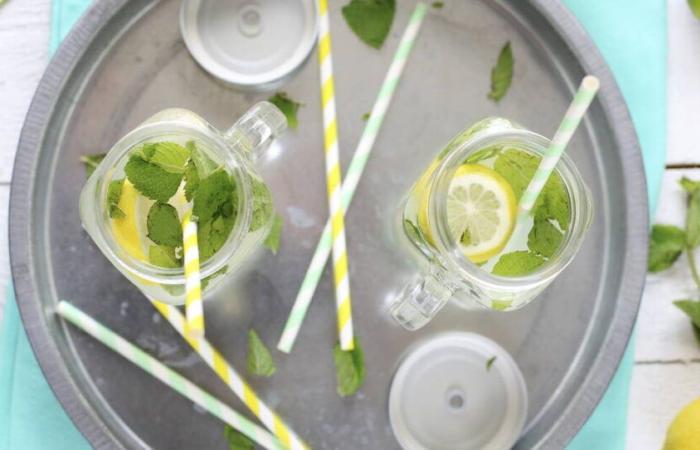
Conso
Article reserved for subscribers
A contraction of “zero industrial beverage”, Kevin Arquillo’s label aims to highlight restaurants and bars that make the effort to offer homemade and artisanal soft drinks, while the offering remains largely dominated by large multinationals.
One afternoon, you have lunch at a restaurant. Concerned about the environment and your health, you opt for a restaurant that gets its supplies from local farmers and uses fresh produce. But when you look at the drinks menu, all your hopes are dashed: there are only sodas and industrial juices. It is to address this unthinkable situation that Kevin Arquillo created the Zébi label three months ago, for “zero industrial drinks.” “We start from a double observation, he explains. That of a clientele hyper-aware of livestock and ecology issues, who will be interested in their crème brûlée being made with organic eggs, but who also drink Coca-Cola Zero. And that of restaurants that take care of their menu, with local products, but which only offer Fanta or San Pellegrino. However, drinking water pumped from Italy in Paris or buying drinks from the world’s biggest plastic polluter makes no sense. Non-alcoholic drinks are the forgotten ones of the ecological transition. We can, not deindustrialize, but re-artisanalize the offer.”
“Getting out of the traditional agri-food system”
The idea behind Zébi is to offer consumers a map of establishments that are committed to making their own drinks or buying from artisans, on the one hand, and to support, via a label, restaurants and bars that want to break away from the monopoly of weights.





